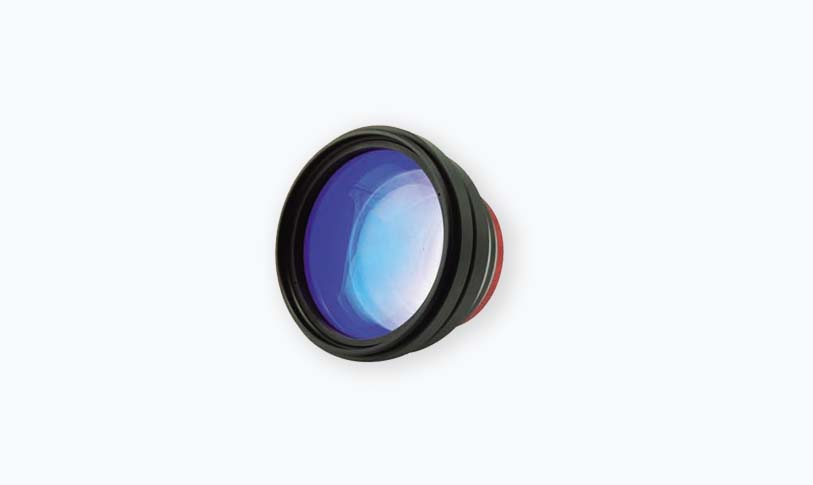****
In today’s fast-paced industrial landscape, the demand for precision, efficiency, and reliability has driven the evolution of laser technology. Among the plethora of laser systems available, the 1kW fiber laser stands out as a versatile and powerful tool for various applications in manufacturing and production environments. This article delves into the unique features of 1kW fiber laser technology, its operational advantages, and the wide array of applications it serves in modern industries.
Understanding 1kW Fiber Laser Technology
A 1kW fiber laser is a solid-state laser that utilizes an optical fiber as its gain medium. Unlike traditional CO2 lasers, which employ gas as the laser medium, fiber lasers are more compact, energy-efficient, and capable of producing high-quality laser beams. The 1kW labeling indicates the maximum output power of the laser, making it suitable for a range of applications, including cutting, welding, marking, and engraving.
One of the defining features of fiber lasers is their excellent beam quality, characterized by a high brightness and a small focus diameter. This allows them to achieve high-speed processing with exceptional precision, making them particularly advantageous for industries that require intricate and detailed work, such as automotive, aerospace, electronics, and medical device manufacturing.
Benefits of 1kW Fiber Laser Systems
The integration of 1kW fiber lasers into manufacturing processes offers a multitude of benefits:
1. **Efficiency and Speed**: Fiber lasers provide faster processing times compared to traditional laser systems. The combination of high power and superior beam quality means that they can cut through materials more quickly while maintaining accuracy. This speed translates to increased productivity on the shop floor.
2. **Reduced Operating Costs**: The energy efficiency of fiber lasers results in lower operational costs. They consume less power than CO2 lasers, leading to significant savings, especially in high-volume production environments. Additionally, fiber lasers often require less maintenance due to their solid-state design, further minimizing costs associated with upkeep.
3. **Versatility in Materials**: A 1kW fiber laser can work with various materials, including metals like steel, aluminum, brass, and copper, as well as some plastics. This adaptability enables manufacturers to use a single system for multiple tasks, which is a strong advantage in lean manufacturing setups.
4. **High-Quality Outputs**: The high beam quality of fiber lasers produces clean, precise cuts with minimal thermal distortion, reducing the need for secondary finishing processes. This capability results in superior product quality, which is essential in industries where precision is critical.
5. **Compact Design**: Fiber laser systems are generally more compact than their CO2 counterparts. Their smaller footprint allows them to fit more easily into existing manufacturing environments, maximizing floor space utilization.
Applications of 1kW Fiber Laser Technology

Exploring the Versatile Applications and Benefits of 1kW Fiber Laser Technology in Modern Manufacturing and Industrial Processes
The versatility of 1kW fiber lasers enables their application across a broad spectrum of industries:

Exploring the Versatile Applications and Benefits of 1kW Fiber Laser Technology in Modern Manufacturing and Industrial Processes
– **Metal Cutting**: They are primarily used for cutting metal sheets and plates quickly and accurately. With the ability to cut through various thicknesses, they are popular in fabricating parts for the automotive and aerospace sectors.
– **Welding**: Fiber lasers excel at welding applications, especially for thin materials. The precision offered by these lasers allows for strong, clean welds, which are essential in manufacturing high-strength components.
– **Marking and Engraving**: The capabilities of 1kW fiber lasers extend to marking and engraving products with high resolution. This feature is particularly beneficial for branding, identification, and traceability purposes across various products.
– **Micro Processing**: In the medical and electronics fields, where precision and miniaturization are pivotal, fiber lasers are used for micro加工 (micro processing), helping to fabricate delicate components with remarkable accuracy.
Conclusion

Exploring the Versatile Applications and Benefits of 1kW Fiber Laser Technology in Modern Manufacturing and Industrial Processes
The advent of 1kW fiber laser technology has transformed the manufacturing landscape by providing a reliable, efficient, and versatile solution for a variety of industrial applications. As manufacturers strive for greater productivity and lower costs, the advantages offered by 1kW fiber lasers—ranging from speed and precision to versatility in materials and applications—make them an invaluable asset. As technology continues to evolve, it is likely that the role of fiber lasers in manufacturing will expand even further, paving the way for innovative applications and processes that harness the power of this remarkable technology.fractional co2 laser treatment



